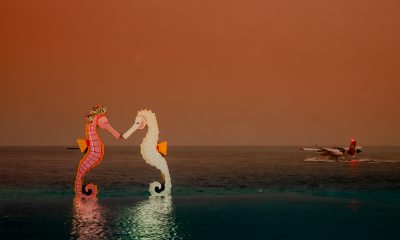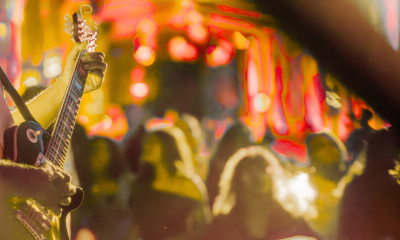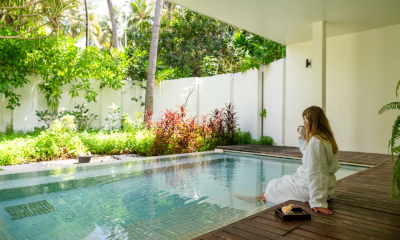News
Chinese become world’s biggest travel spenders

The second annual Chinese International Travel Monitor reveals significant insights into the changing behaviours of Chinese travellers and how the global hotel industry is adapting.
Surveying more than 3,000 Chinese international travelers and more than 1,500 hoteliers around the world, the Hotels.com report found 75 per cent of hoteliers globally say Chinese travellers now account for up to five per cent of their business and 45 per cent say they have experienced an increase in Chinese guests over last year, with the greatest increases coming in APAC (61 per cent). Hoteliers see China as a positive growth market over the next three years with one in 10 expecting to see an increase of more than 50 per cent and almost half (47 per cent) anticipating an 11-50 per cent rise.
According to the Hotels.com report the majority of overseas Chinese travel (96 per cent) has been for leisure purposes, while just over half (52 per cent) have also visited other countries for business or education.
In a growing trend, nearly two thirds (62 per cent) of Chinese travellers say they prefer to travel independently and not as part of a group. This development has been confirmed by the hoteliers surveyed, who say 70 per cent of Chinese guests now travel independently, compared with a much more even split in 2012.
United Nations World Travel Organisation reflected that Chinese travellers spending US$102 billion on international travel in 2012, an increase of over 40% on 2011*
Johan Svanstrom, Managing Director of Hotels.com Asia Pacific, said, “The 2013 Chinese International Travel Monitor (CITM) shows the move to independent travel identified in the CITM last year is now preferred by the majority of Chinese travellers. While in-roads have been made in this area, governments will have to take this into account when organising their visa application infrastructure and processes.
In addition, the CITM highlights areas for continued improvement for accommodation providers. The ability to accept Chinese payment methods is seen as the single most important offering from hotels and over a quarter (26 per cent) of Chinese travellers feel this is a key area for improvement.
Three quarters (75 per cent) of Chinese travellers say hoteliers need to improve the provision of translated items, such as welcome literature, websites, TV programmes and newspapers, while almost half (42 per cent) say that they would like more Mandarin speaking staff in hotels.
Highlighting a disconnect between the desires of Chinese travellers and provisions made by hoteliers, a quarter (25 per cent) of hoteliers say they offer cultural awareness training to staff but only one in ten (11 per cent) offer welcome materials in Mandarin. Additionally, globally, just over half (56 per cent) of hotels have invested less than $10,000** in developing programmes and products specifically catering to Chinese guests over the past 12 months.
When it comes to researching and booking travel, personal recommendation plays an increasingly vital role, with almost a third (30 per cent) of Chinese travellers saying they rely on advice from family and friends, followed by online travel booking and review sites.
More than a quarter of Chinese travellers (27 per cent) use social media to help them make decisions on holiday destinations, with this figure rising to 33 per cent among younger travellers under 35.
“These insights highlight the need for hoteliers to adapt their marketing strategies, with a particular focus on online and social media channels, to attract Chinese travellers. While the CITM shows hoteliers are making positive steps towards catering to an increasingly mobile and savvy Chinese travel market, it also shows the need for the global hotel industry to adapt facilities and services to more extensively cater to the world’s largest market of travellers.
“In addition, programmes being implemented by many governments and tourism authorities to attract and facilitate for Chinese travellers are a positive step in the right direction, but the pace of growth in the volume of Chinese travellers appears to be outstripping the pace of change in the hotel industry,” Svanstrom concluded.
Drink
German winemaker Patrick Jacklin to host exclusive tasting at Constance Moofushi
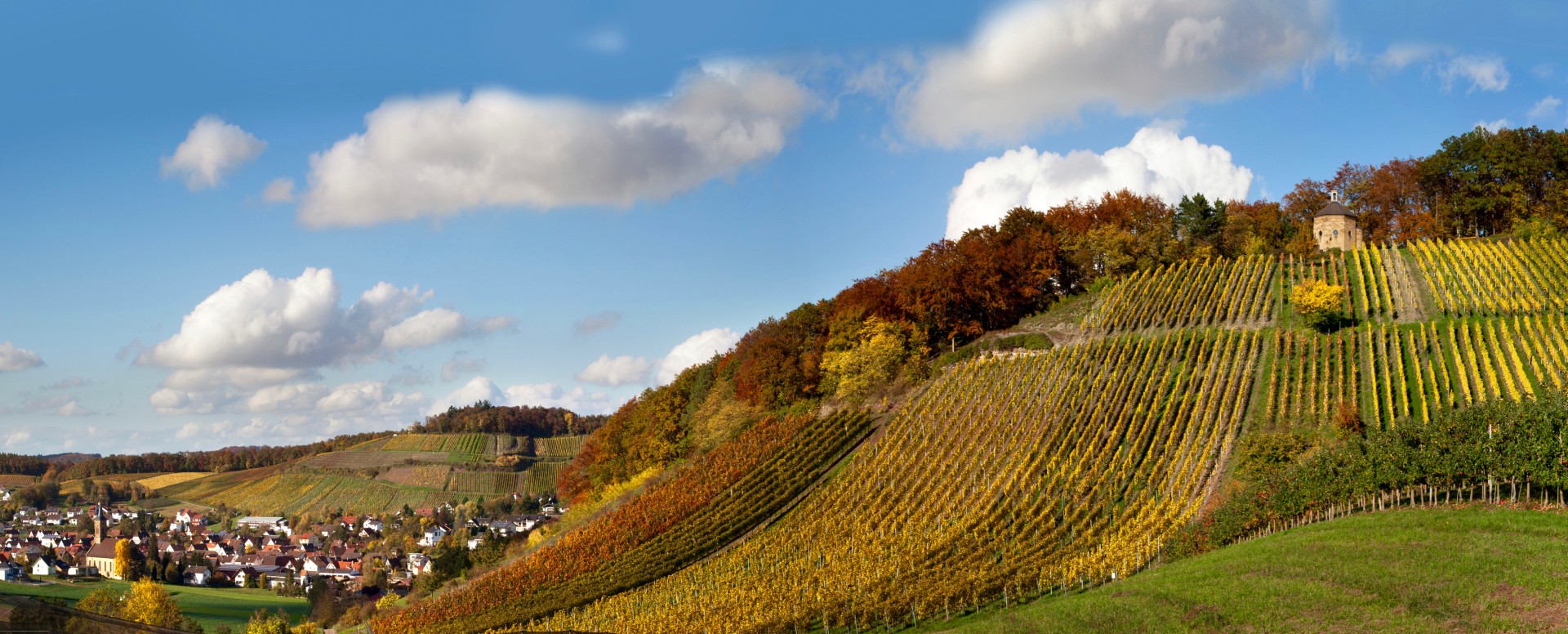
Constance Moofushi Maldives is set to welcome Patrick Jacklin of Weingut Heitlinger, Germany, for an exclusive wine tasting experience on 9th March from 06:00pm to 07:30pm. Set on a sunset sandbank, this unique experience will feature a curated selection of biodynamic wines, paired with refined canapés in an unforgettable Indian Ocean setting. During his visit, Patrick Jacklin will also conduct a dedicated masterclass with the resort’s sommeliers, offering an opportunity to further expand their knowledge and understanding of biodynamic wines and viticulture.
At Constance Hotels & Resorts, wine is an integral part of the guest experience, shaped by passionate sommeliers and a long-standing culture of discovery. At Constance Moofushi, this dedication is reflected in Alizée Restaurant being recognized by The World of Fine Wine for its Best All-Inclusive Wine List, highlighting the resort’s carefully curated selection and pairing philosophy. This intimate tasting continues that spirit, celebrating terroir, craftsmanship, and meaningful encounters between guests and winemakers.
Raised in the Kraichgau region of Baden, Patrick Jacklin comes from a family deeply rooted in winemaking. Alongside his brother Philip, he represents the next generation of the Weingut Heitlinger bringing fresh energy and vision to the estate.

Passionate about biodynamic viticulture Patrick plays an active role in shaping the estate’s style and guiding its evolution in both cellar and vineyard.
Located in Östringen‑Tiefenbach, Weingut Heitlinger, is recognised among Germany’s leading organic and biodynamic estates. The winery is also part of the VDP (Verband Deutscher Prädikatsweingüter) Since 2012, Germany’s most respected association of top-quality wine estates — a distinction that reflects a shared commitment to origin, craft, and rigorous standards.
“This evening with Patrick Jacklin is a celebration of what we love most – exceptional wines, generous sharing, and the magic of a Maldivian sunset. We look forward to welcoming our guests for this intimate moment of discovery,” says Mevin Ramasamy, General Manager of Constance Moofushi.
News
Celebrating the women behind Coco Collection’s island experiences
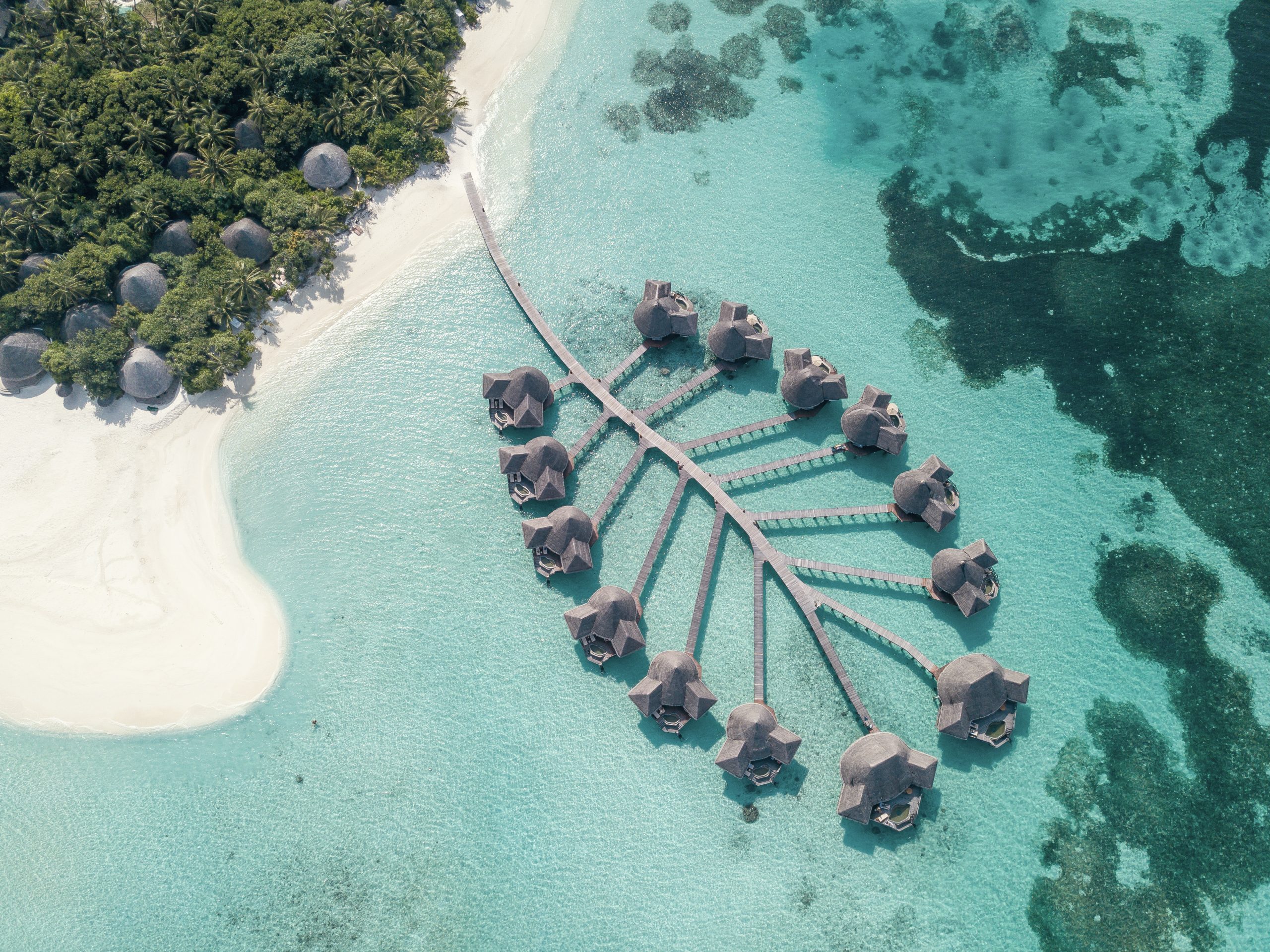
In celebration of International Women’s Day, Coco Collection, a proudly Maldivian-owned hospitality group, continues its mission to empower the women shaping the future of hospitality in the Maldives. This year, Coco Collection celebrates the inspiring women across its island resorts, Coco Bodu Hithi and Coco Palm Dhuni Kolhu. Leading with vision, purpose, and passion creating meaningful guest experiences while championing sustainability and community empowerment.
At Coco Bodu Hithi, women play a pivotal role in redefining luxury hospitality through innovation, artistry, and heartfelt service. From front-of-house professionals to wellness experts, female team members are instrumental in shaping the resort’s distinctive guest journey with warmth, precision, and flair.
The resort will celebrate women who are breaking barriers in traditionally male-dominated roles, leading departments with confidence and inspiring the next generation of hospitality professionals. Their contributions span guest relations, culinary arts, spa and wellness, resort operations and more. Each bringing a powerful blend of expertise, and creativity that elevates the island experience.
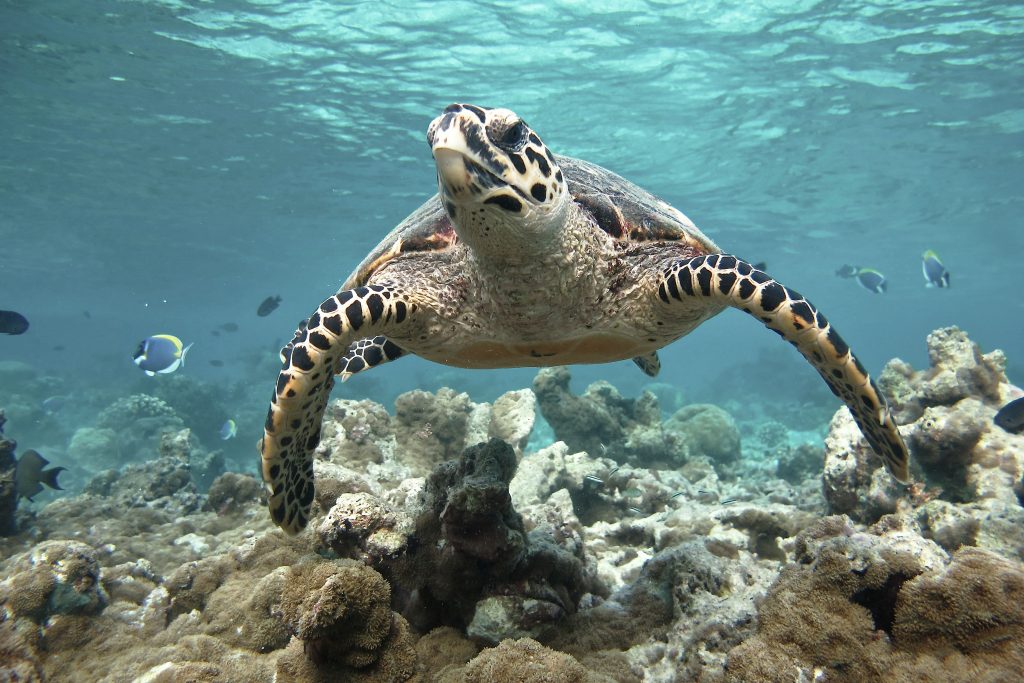
“Being part of this journey means creating experiences that nurture both body and mind. As women in leadership, we bring passion, intuition, and dedication to everything we do, inspiring our teams while ensuring every guest leaves feeling renewed and cared for,” says Dini Utami, Spa and Wellness Manager at Coco Bodu Hithi.
Through mentorship initiatives and professional development programmes, Coco Bodu Hithi fosters an environment where women can thrive, lead, and innovate. Their leadership not only enhances the guest experience but also strengthens the culture of collaboration and inclusivity that defines the resort.
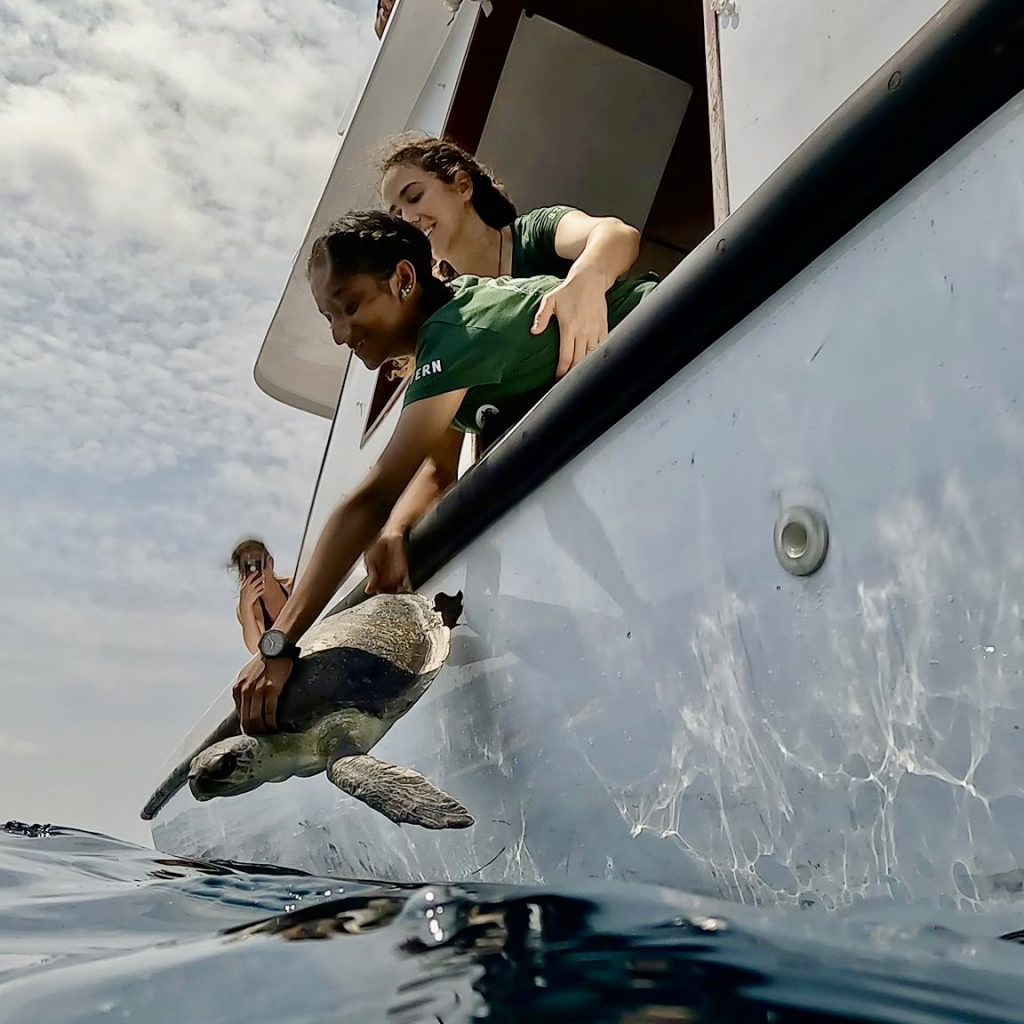
In honour of International Women’s Day and this year’s theme, “Give to Gain,” the resort pays tribute to their courage, creativity, and leadership with a series of specially curated guest experiences. Highlights include an exclusive 25% saving on dive adventures, inviting guests to celebrate strength and spirit beneath the waves. Guests may also indulge in traditional Henna Art, a beautiful expression of culture and artistry, or savour an intimate Romantic Beach Dinner Under the Pergola, where refined flavours are complemented by the tranquillity of the ocean.
At Coco Spa, tranquillity and empowerment unite in the bespoke “Her Wellness Journey”, a restorative experience designed to nurture body, mind, and spirit. This indulgent offering includes a complimentary revitalising face mask, a soothing herbal tea refreshment, and an exclusive 20% saving on retail purchases, available from 1 to 15 March 2026. Thoughtfully selected, the experience invites every guest to pause, reflect, and embrace holistic wellbeing in a sanctuary of calm.
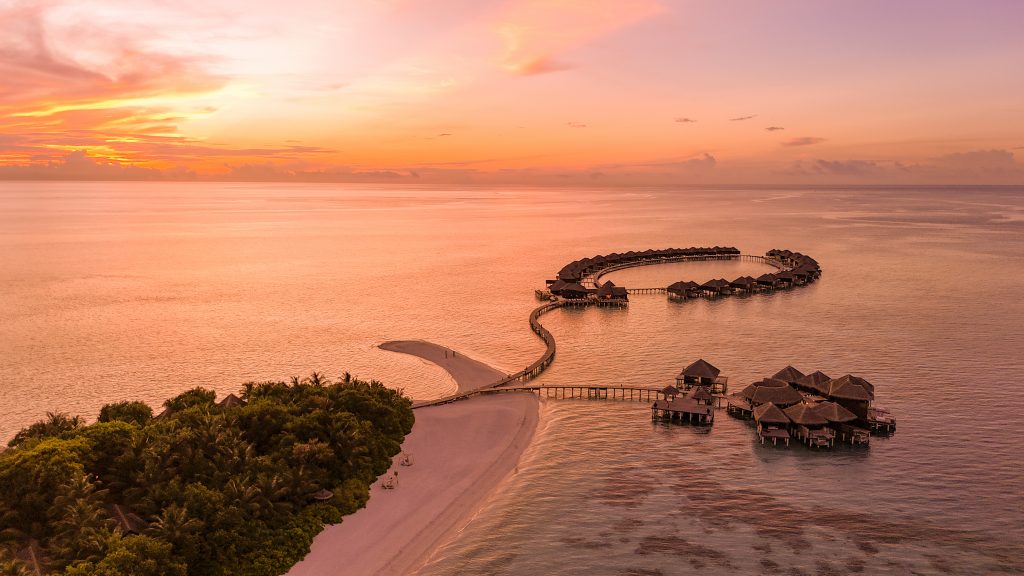
At Coco Palm Dhuni Kolhu, sustainability lies at the very heart of the island experience, championed by many dedicated women across the island. Nestled within the UNESCO Biosphere Reserve of Baa Atoll, the resort is deeply committed to environmental stewardship, with female team members leading and supporting impactful conservation initiatives that safeguard the natural beauty of the Maldives.
From marine conservation and coral regeneration projects to innovative waste reduction strategies and community outreach programmes, women at the resort are driving meaningful and measurable change. Their influence extends beyond daily operations, shaping long-term environmental strategies that protect the island’s fragile marine ecosystem for generations to come.
“Our work is about more than protecting coral reefs; it’s protecting an entire ecosystem that island communities depend on,” says Rosalie Bailie, Marine Educator at Coco Palm Dhuni Kolhu. “Through restoration, research, and education, we aim to inspire both guests and locals to become active stewards of the ocean.”
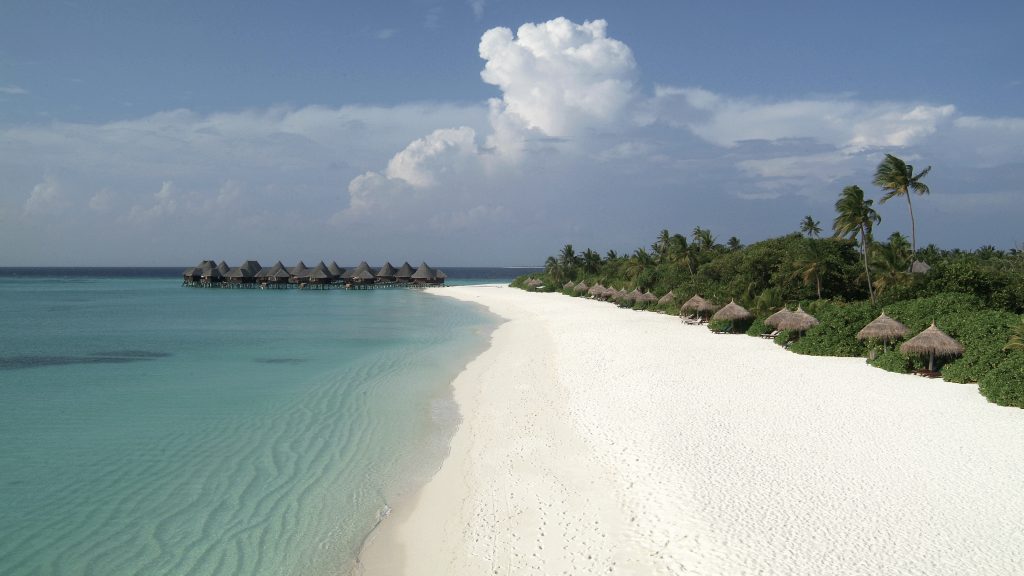
Central to these efforts is the resort’s ongoing work with the Olive Ridley Project (ORP), supporting turtle conservation, rehabilitation, and marine research. Through education, advocacy, and hands-on involvement, female sustainability associates along with the Marine Educator actively contribute to protecting endangered sea turtles and raising awareness among guests about responsible marine interaction, transforming guest holidays into a purposeful journey.
Coco Palm Dhuni Kolhu marks the occasion with a vibrant programme of shared guest experiences. As part of the celebrations, female guests are invited to enjoy an exclusive 20% saving on experiences across the island, an opportunity to explore, connect, and celebrate in a setting where sustainability and empowerment go hand in hand.
To plan your dream Maldivian escape in advance, take advantage of an exclusive Early Bird offer. Enjoy a limited-time early booking offer up to 40% savings on villa rates when you reserve ahead of time, available at Coco Bodu Hithi and Coco Palm Dhuni Kolhu. For further queries and reservations, contact reservations@cococollection.com or visit www.cococollection.com.
Family
Easter comes alive at Amilla Maldives with family activities
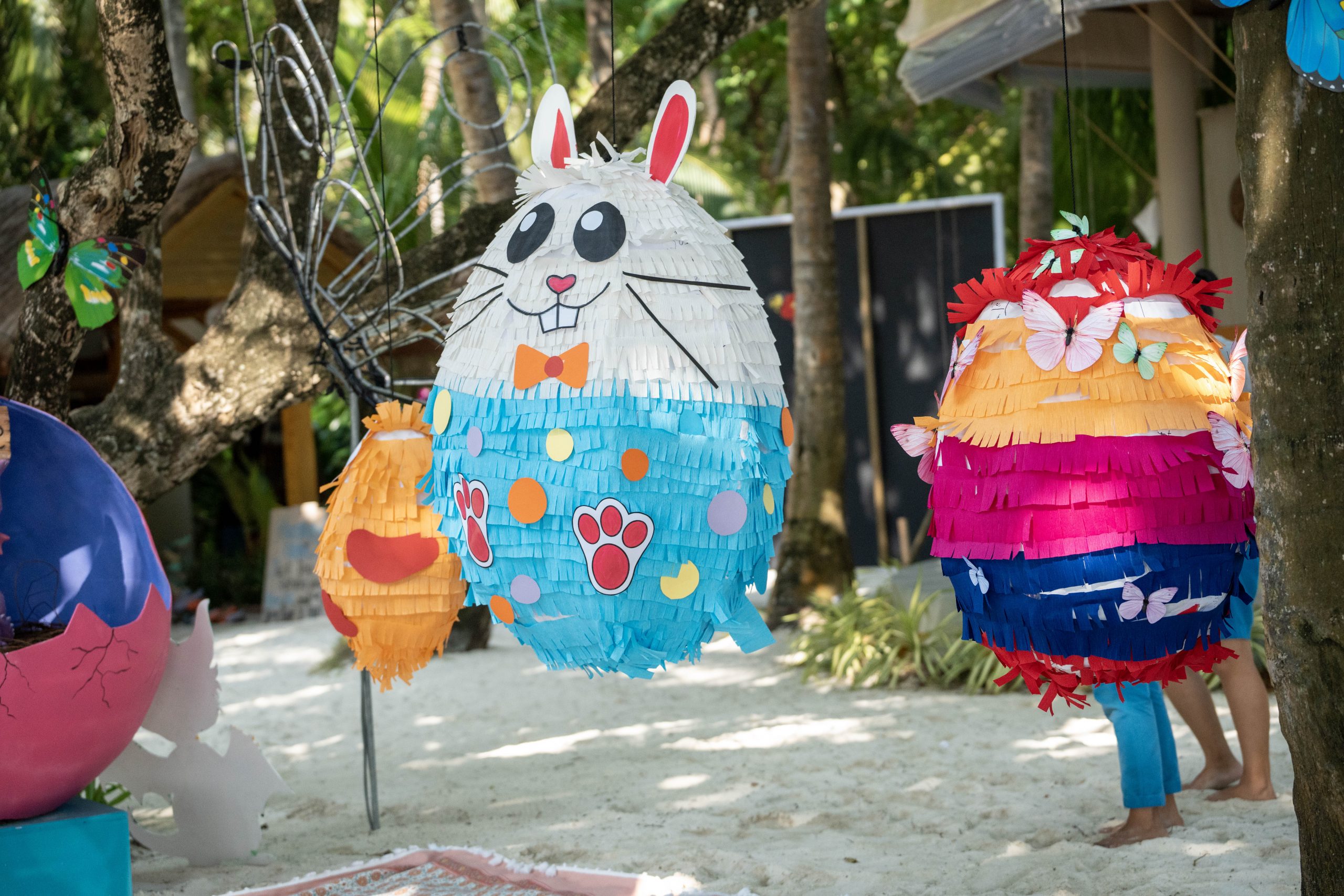
This Easter, Amilla Maldives invites families to enjoy a joyful island journey filled with creativity, discovery and shared moments in the heart of the Baa Atoll UNESCO Biosphere Reserve.
Taking place from 1 to 12 April 2026, the Easter programme follows the story of Paddy the Travelling Bear and his friend Bunny, guiding young explorers through a series of themed activities, playful challenges and creative workshops across the island.

Throughout the celebration, guests can take part in Easter egg hunts and treasure trails, discovering hidden surprises across sandy pathways and beneath the island’s banyan trees. Creative sessions invite little ones to paint, craft and build keepsakes, while interactive games and island adventures encourage curiosity and playful exploration.
The festive programme also includes a variety of family-friendly entertainment and wellness experiences, allowing guests of all ages to enjoy the island in their own way, whether through gentle moments of creativity, active outdoor play or shared family activities.

The festivities culminate on Easter Sunday, when the island comes alive with joyful celebrations, music and activities for the whole family, creating memories to treasure long after the holiday ends.
Surrounded by lush tropical greenery, white sand beaches and vibrant marine life, Amilla Maldives offers a naturally beautiful setting for a memorable Easter escape.
Guests can explore the full Easter programme here. For more information about Amilla Maldives, please visit www.amilla.com.
-
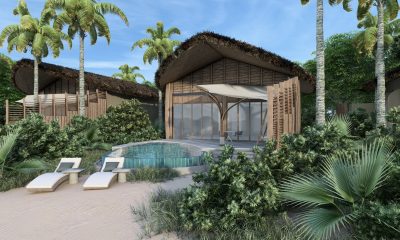
 News1 week ago
News1 week agoPulse Hotels & Resorts unveils Aura Maldives, a mindful luxury sanctuary
-
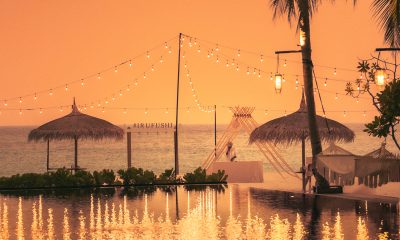
 News1 week ago
News1 week agoSun Siyam Iru Fushi sets new nenchmark with 24 Hour Premium All Inclusive Dine Around
-
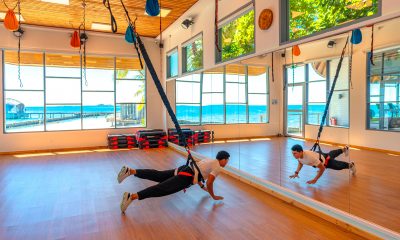
 Fitness1 week ago
Fitness1 week agoOUTRIGGER Maldives Maafushivaru launches expanded wellness programming for 2026
-

 Action1 week ago
Action1 week agoSheraton Maldives Full Moon celebrates sixth anniversary of Reefscapers collaboration
-
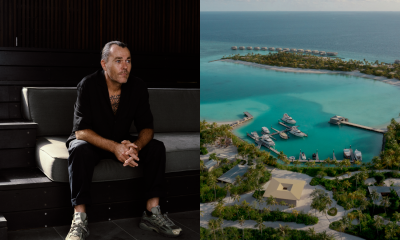
 Cooking1 week ago
Cooking1 week agoPatina Maldives hosts Chef Shannon Bennett for exclusive April residency
-
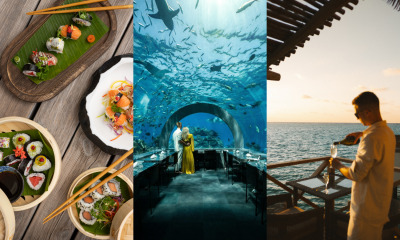
 Featured1 week ago
Featured1 week agoYou & Me Maldives unveils curated Premium All Inclusive programme
-
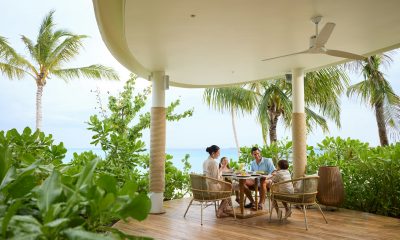
 Awards1 week ago
Awards1 week agoCentara Mirage Lagoon Maldives named Luxury Family Friendly Resort of the Year
-
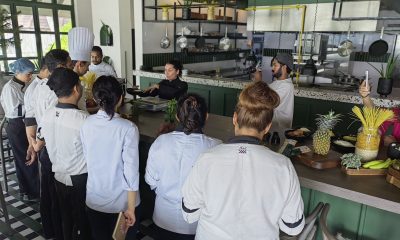
 Cooking1 week ago
Cooking1 week agoSun Siyam Olhuveli hosts Italian Chef Francesca Gambacorta at Milano restaurant




